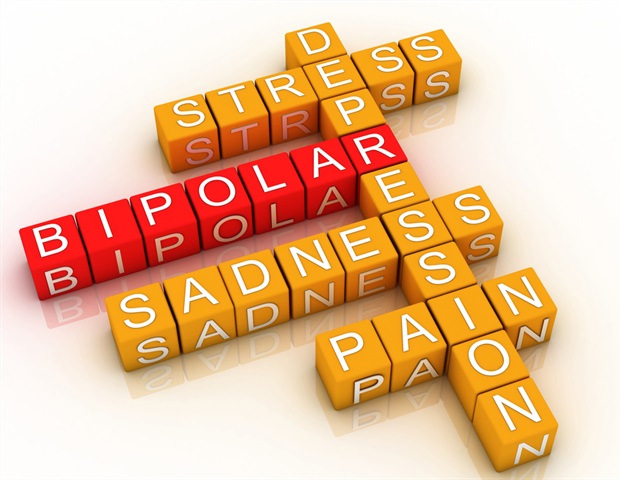A potential new treatment for bipolar disorder (BP) that significantly shortens treatment time has emerged, following a randomized clinical trial using accelerated intermittent theta burst stimulation (aiTBS). While current theta burst stimulation (TBS) treatments can take between four and six weeks to administer, this new technique reduces treatment to five days. The study, published in JAMA Psychiatry , was led by Yvette I.
Sheline, MD, the McLure Professor of Psychiatry and Behavioral Research and Director, Center for Neuromodulation in Depression and Stress at the University of Pennsylvania Perelman School of Medicine. aiTBS offers a new potential therapy for depressed patients with bipolar disorder who may not respond well to drugs or cannot tolerate their side effects while also significantly shortening the treatment window." Yvette I.

Sheline, MD, the McLure Professor of Psychiatry and Behavioral Research and Director, Center for Neuromodulation in Depression and Stress at the University of Pennsylvania Perelman School of Medicine Intermittent theta burst stimulation is a non-invasive form of brain stimulation in which a changing magnetic field is used to induce an electric current at a specific brain area through a process called electromagnetic induction. It is thought that this stimulation produces neuroplastic changes which alter brain connectivity, leading to decreased depressive symptoms. While aiTBS is approved by the Food and Drug Administration (FDA) to treat .
















